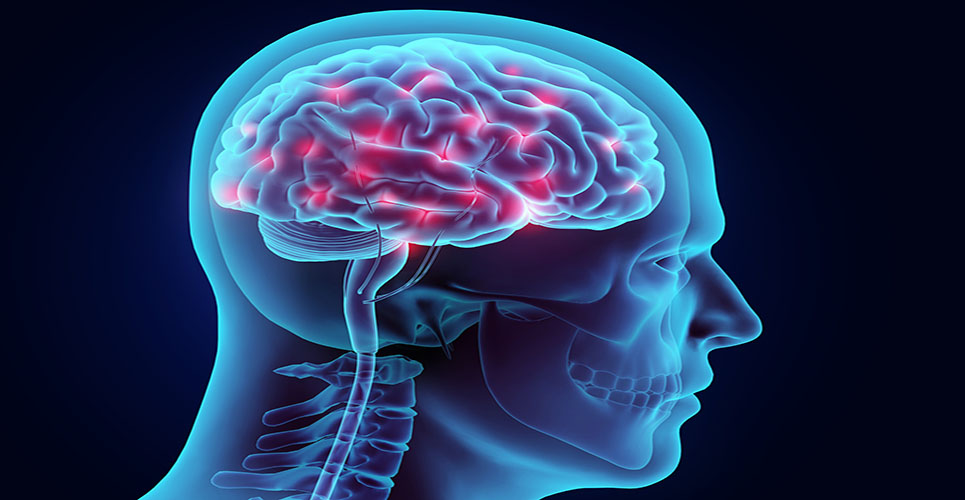teaser
A US researcher has raised concern about potential side-effects of Alzheimer’s drugs in development, including memory impairment.
The animal research, presented at the 2012 annual meeting for the American Association for the Advancement of Science in Vancouver, suggest that inhibition of BAC1 – a protease originally believed to contribute to Alzheimer’s disease development – can actually promote the development of amyloid plaques in some circumstances.
“Let’s proceed with caution,” said Robert Vassar, Professor of Cell and Molecular Biology at Northwestern University Feinberg School of Medicine, whose original research contributed to the development of the drugs.
“We have to keep our eyes open for potential side-effects of these drugs.” Ironically, he says, the drugs could impair memory.
The drugs are designed to inhibit BACE1, the enzyme Vassar originally discovered that promotes the development of amyloid plaques, the hallmark of Alzheimer’s. BACE1 acts as molecular scissors that release amyloid from its precursor protein and promote the development of amyloid plaques. Drug developers believed blocking the enzyme might slow the disease.
But in the new study he found BACE1 also has a critical role in axonal guidance.
Working with mice from which BACE1 was genetically removed, Vassar discovered the animals’ olfactory system was wired incorrectly. The findings show the key role of BACE1 in axonal guidance.
“It’s like a badly wired house,” Vassar said. “If the electrician doesn’t get the wiring pattern correct, your lights won’t turn on and the outlets won’t work.”
The olfactory system is a good model for axonal guidance or wiring. If the axons aren’t being properly connected in the olfactory system, Vassar said, the problem likely exists elsewhere in the brain and nervous system.
The hippocampus could be particularly vulnerable to BACE1 blockers, he noted, because its population of neurons is continually being reborn, which may play a role in forming new memories. The neurons need to grow new axons that in turn must connect them with new targets. Axonal guidance is a continuous need.
“It’s not all bad news,” Vassar noted. “These BACE1 blockers might be useful at a specific dose that will reduce the amyloid plaques but not high enough to interfere with the wiring. Understanding the normal function of BACE1 may help us avoid potential drug side effects.”
The findings will be published in the journal Molecular Neurodegeneration
American Association for Advancement of Science

